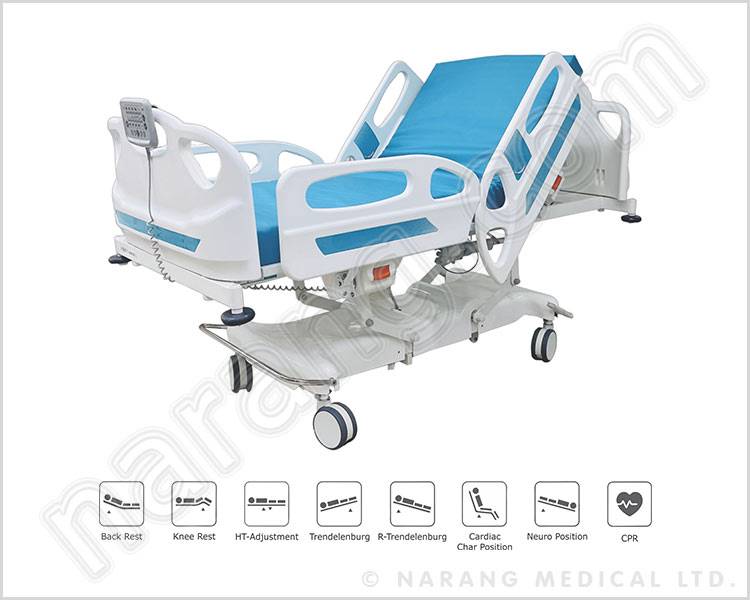Understanding Health Insurance: How to Choose the Best Plan for Your Needs
Health insurance is one of the most important decisions you can make for your well-being and financial security. It provides coverage for medical expenses and helps you access essential healthcare services without incurring huge out-of-pocket costs. But with so many different plans and options available, choosing the best health insurance plan can be overwhelming. This guide will walk you through the essential factors to consider when selecting a plan that fits your needs.
1. Types of Health Insurance Plans
Before diving into the specifics, it’s important to understand the common types of health insurance plans:
- Health Maintenance Organization (HMO): HMOs require you to choose a primary care physician (PCP) and get referrals to see specialists. These plans often have lower premiums but less flexibility in choosing healthcare providers.
- Preferred Provider Organization (PPO): PPOs offer more flexibility, allowing you to see any doctor or specialist without a referral. They have a wider network of doctors, but they come with higher premiums.
- Exclusive Provider Organization (EPO): EPOs provide coverage only if you use doctors within the plan’s network (except in emergencies). These plans often have lower premiums but offer less flexibility.
- Point of Service (POS): POS plans combine elements of HMOs and PPOs. You need a referral to see a specialist, but you can also see out-of-network providers at a higher cost.
Understanding these basic plan types is the first step in finding the right health insurance for your needs.
2. Assess Your Health Needs
When choosing a health insurance plan, it’s essential to consider your specific health requirements:
- Chronic Conditions: If you have a chronic condition like diabetes or heart disease, you’ll want a plan that offers comprehensive coverage for ongoing treatment, medications, and specialist visits.
- Frequency of Doctor Visits: If you see doctors frequently or require regular specialist care, a PPO plan may be ideal for you due to its flexibility.
- Medications: Check whether your medications are covered under the plan’s formulary (list of covered drugs) and how much you’ll need to pay out-of-pocket.
3. Costs: Premiums, Deductibles, and Out-of-Pocket Maximums
Cost is a significant factor when choosing a health insurance plan. Here are the key terms to understand:
- Premium: This is the amount you pay monthly for your health insurance coverage. Plans with lower premiums typically have higher deductibles and out-of-pocket costs.
- Deductible: The amount you must pay before your insurance starts covering services. If you’re healthy and rarely visit the doctor, a higher deductible plan with lower premiums might be more cost-effective.
- Out-of-Pocket Maximum: The maximum amount you’ll pay for covered services in a year. After reaching this limit, your insurance covers 100% of the costs. Plans with lower out-of-pocket maximums are ideal for those with frequent medical needs.
4. Check the Provider Network
Your insurance plan will have a network of doctors, specialists, and hospitals. It’s essential to verify whether your preferred healthcare providers are in-network. Out-of-network providers often lead to higher costs or no coverage at all. If you have established relationships with certain doctors or prefer specific hospitals, ensure they are included in the network of the plan you’re considering.
5. Understand Plan Benefits and Coverage
Beyond doctor visits and hospital stays, health insurance plans offer additional benefits:
- Prescription Drug Coverage: Some plans have extensive drug coverage, while others have limited formularies. Check whether your medications are covered and what your co-pay or co-insurance will be.
- Mental Health and Wellness Services: If mental health services, such as therapy or counseling, are important to you, make sure your plan provides adequate coverage for these services.
- Preventive Care: Many plans cover preventive services like vaccinations, screenings, and wellness check-ups at no additional cost. This is important for staying on top of your health without paying extra.
6. Out-of-Pocket Costs: Copays and Coinsurance
Different plans have different structures when it comes to copays (a fixed amount you pay for a service) and coinsurance (a percentage of the cost you pay after meeting your deductible). Lower premium plans may have higher copays and coinsurance rates, which can add up if you require frequent medical services.
7. Review Plan Flexibility
While lower-cost plans like HMOs might seem attractive, you’ll need to consider how much flexibility you want when accessing healthcare services. If you travel often or want the option to see out-of-network specialists without a referral, a PPO or EPO may be more suitable.
8. Consider the Plan’s Customer Service and Ratings
Lastly, don’t overlook the quality of service offered by the insurance provider. Check customer satisfaction ratings, as they can give you insight into how well the company handles claims, provides customer support, and maintains transparency.
Conclusion: Choosing the Best Plan for You
Selecting the right health insurance plan involves balancing cost, coverage, and your personal health needs. By evaluating the types of plans, your medical requirements, and out-of-pocket expenses, you can make an informed decision that provides peace of mind and ensures access to necessary care. Always take the time to read through each plan’s details thoroughly, and don’t hesitate to ask questions before enrolling.















Leave a Reply